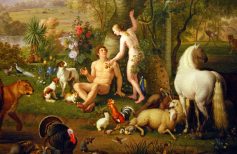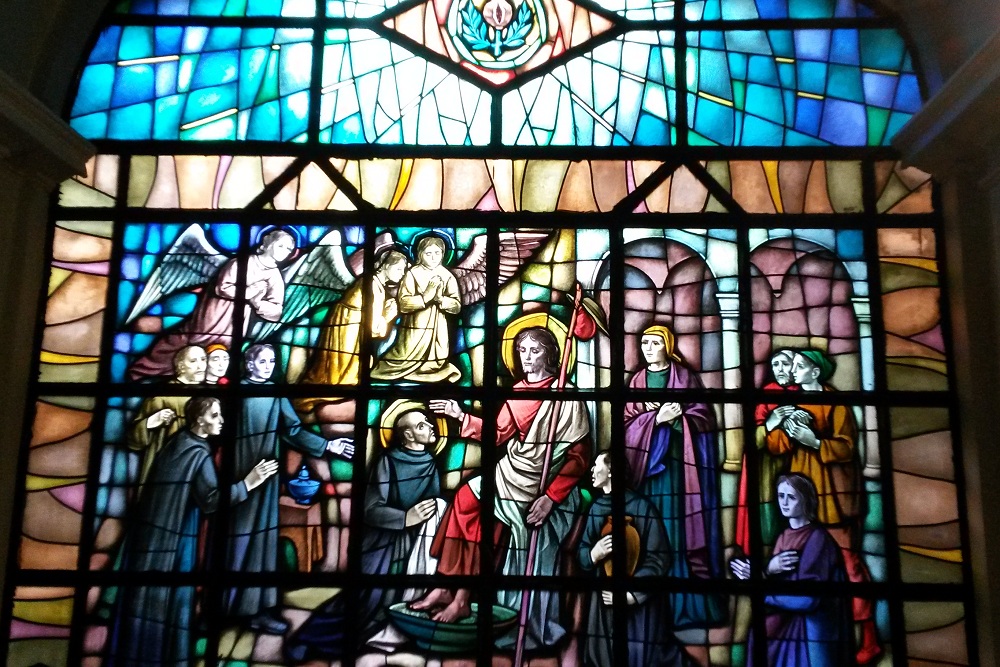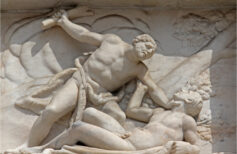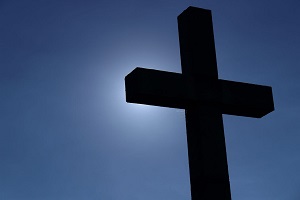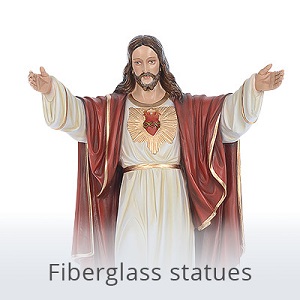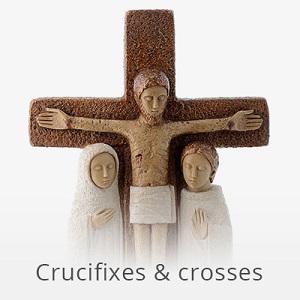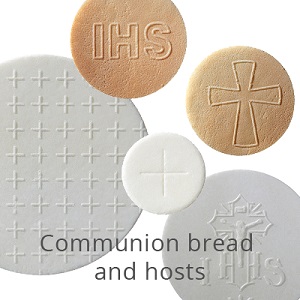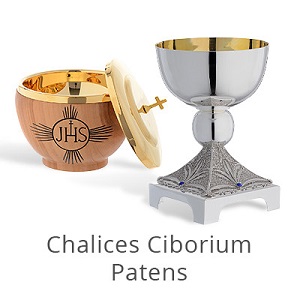What is free will? What implications does it have for a man’s life in general, and for the Christian’s in particular? Let’s get to know this philosophical and theological concept a bit better, since it influenced the history of ethical, religious and human thinking.
Contents
If we ask: “What is free will?” many would probably say it is the freedom to choose what to do in a specific circumstance. This is not wrong, even if it is a bit limited in order to explain such a crucial aspect of history and humankind development. In fact, the concept of free will is prior to the advent of Christianism, although it has always been subject of discussions and debates within the philosophical and theological sphere throughout centuries.
So, what is free will?
Looking up the definition of free will in the dictionary, the first explanation is: The power of acting without the constraint of necessity or fate; the ability to act at one’s own discretion.
Therefore, free will is the condition of thinking by virtue of which each one of us can determine the scope of their action with total autonomy. No external forces are involved, no superior entity is driving nor controlling fate. Each aspect of men’s actions and thoughts is down to an act of will.
How can we conciliate such a claim of freedom with the concept of omniscient and omnipotent God that characterizes Christianism? What is free will for a Christian?
Fate or free will?
The issue is not only related to religion. The history of philosophical thinking is full of debates about what determines men’s fate, about a possible presence of supernatural factors, such as destiny, or natural factors, in such case called determinism. Not to mention predestination or fatalism.
Throughout history, many philosophers and thinkers questioned the possibility that part of the human life, or even all of it, might be established before the human being is even born.
In a religious sphere, we should question ourselves about the existence of a deity, a superior will that grants the freedom to choose to all of its creatures; in an ethical sphere, we should question ourselves on the concept of responsibility, that is, whether a man should be responsible for his actions in case they are determined by something external. Under a scientific point of view, the analysis should focus on determining whether the human mind has any interference on the events or whether everything relies completely on randomness.
Free will in the Bible
What is free will according to the Sacred Texts? In the Bible, we can read that God, in his omnipotence, chooses not to establish every event. In particular, He created men in His image and likeness, giving them the chance to go beyond their instincts and choose where to address their actions. It is exactly the chance to choose, the free will, which makes us complete men, because it is up to us to turn our thoughts and our actions towards God and His will, without obligations. Many quotes from the Bible underline the importance of free will, which is seen as a great responsibility in the Old Testament, other than a gift from God to his beloved children. Therefore, free will within the Bible implies the freedom to choose on one side, and the responsibility to choose what is right on the other side.
The concept of free will according to Dante
From the one who has been entrusted with much, much more will be asked (Lk 12,39-48). Such statement from the Gospel of Luke is emblematic to understand the vision shared by Dante Alighieri, the poet who wrote the Divina Commedia, concerning the issue of free will. Dante was a man of intelligence, but also action; he had the most profound contempt for a particular category of men: the indolent ones, those who do not choose how to act and let others decide for them, even though they have the freedom and faculty to do so. He despises them so much that he uses very harsh words in the canto III of Inferno, where he meets them in the so-called Vestibule of Hell. There we find the Uncommitted, men and women who never took sides in their lives, who just followed the masses keeping neutral. The sentence the poet establishes for them is simple: since they were never too bad to deserve the pains of Hell, but not too good to be allowed into Heaven, they are forced to run naked forever, chasing a white sign (their incapability to take sides), while wasps and big flies sting them and worms eat their blood and tears. Virgil, while taking Dante far from those sad figures, encourages him:
These have no longer any hope of death,
and this blind life of theirs is so debased,
they envious are of every other fate.
No fame of them the world permits to be;
misericord and Justice both disdain them:
let us not speak of them, but look, and pass.
Dante’s sentence for them is clear and strict: woe to those who, having received the free will, the freedom to choose, as a gift, give it up to follow the easiest way. Giving up the freedom and the responsibilities related to it is the same as giving up our own human dignity.
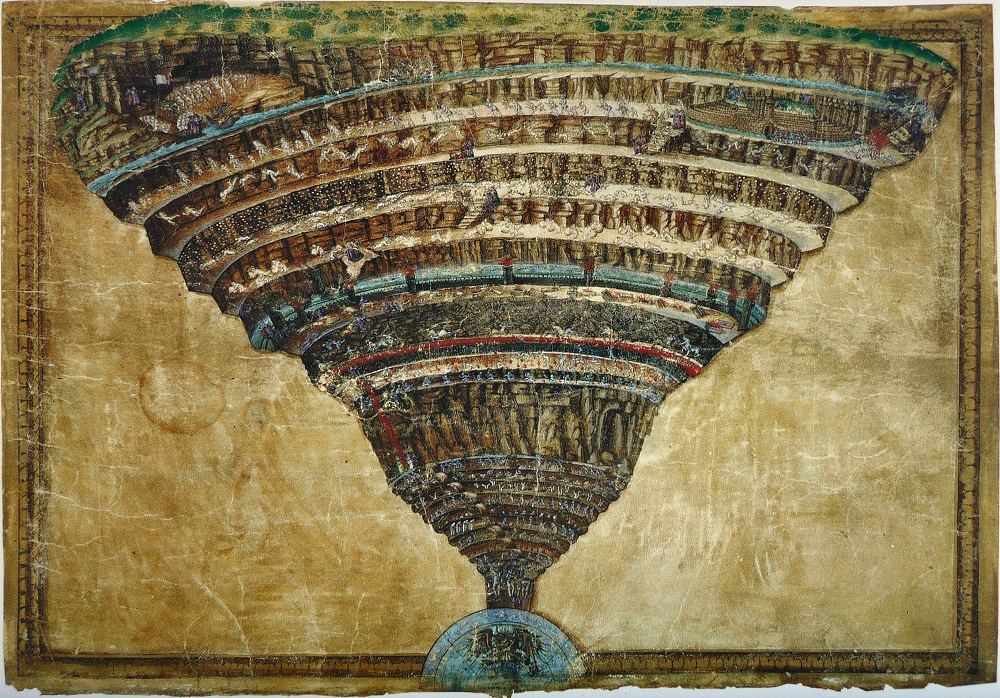
Free will for Saint Augustine
As god made you without your interference, he will certainly not save you without your interference (Saint Augustine, Sermon CLXIX, 13)
According to Saint Augustine, Divine grace plays a much bigger role in a man’s fate than free will, although the philosopher recognized its existence. That is, God created men with freedom to choose. Men chose evil and committed the Original Sin.
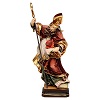
God is omniscient and has always known that men, if left free, would sin; however, he keeps leaving them complete freedom, without interfering with their free will. Therefore, God leaves men free to sin. Anyway, since God knows who will be saved and who will not, enlightens men showing them what is good and what is evil, and gives them the strength to act well through Grace.
Therefore, men are free according to Saint Augustine. God, with His divine prescience, allows them the freedom to act well or bad, giving some of them the chance to save themselves with Grace. God’s will comes before men’s will without obligations, and therefore it is the human will of wanting to do good that makes every man worthy to be saved or not.
However, no man can be saved only thanks to his will. The Divine grace helps them out. ““Who then can be saved?” Jesus looked at them and said, “With man this is impossible, but with God all things are possible.” (Matthew 19,25-26)
How does God choose those to enlighten with His Grace? This goes beyond men’s possibility of judgement. Men surely cannot dare to criticize God, since they don’t have the instruments to understand His will and plans, as Paul the apostle reminds: “Who are you, O man, who answers back to God? The thing molded will not say to the molder, “Why did you make me like this,” will it? Or does not the potter have a right over the clay, to make from the same lump one vessel for honorable use and another for common use? (Letter to Romans 20-21).
According to Saint Augustine then, free will requires help from Grace, since men can choose to do good, but they lost the ability to act so from the moment they split from God.
Free will according to Luther
Martin Luther, father and advocate of the Protestant Reformation, based his concept of free will on the words by Saint Augustine, or better, its denial: an un-free will. The protestant schism attacked the concept of free will since the beginning. In fact, according to the fathers of Protestantism, the human existence is based on an absolute predestination.
No chance to choose, no variables connected to our decisions or actions. Paradoxically, Luther and Calvin based such statement on Saint Augustine’s thoughts concerning free will. There are some differences though. It is true that Saint Augustine considered the Original Sin as the first wrong choice men made, which led to an estrangement from God, but he never said that the Original Sin annihilated human nature, turning men into animals gripped by instinct and doomed to surrender to God’s or the devil’s will with no chance to choose at all.
“Thus the human will is, as it were, a beast between the two [God and Satan]: if God sit thereon, it wills and goes where God will, […] If Satan sit thereon, it wills and goes as Satan will, nor is it in the power of its own will to choose, to which rider it will run, nor which it will seek, but the riders themselves contend, which shall have and hold it.” (Luther, On the Bondage of the Will).
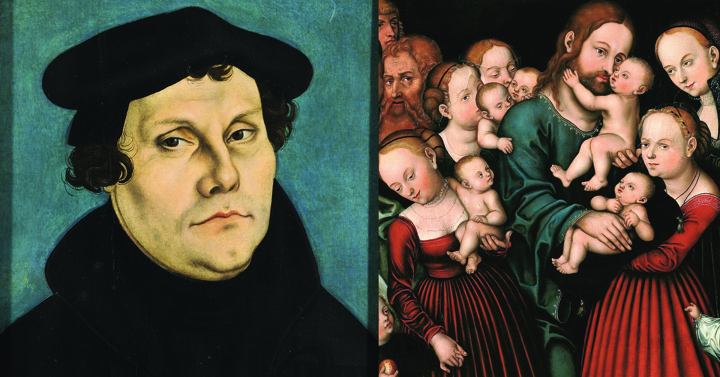
Martin Luther denies the existence of free will, reducing the whole human life to predestination. Men have no hope; their will to do well is worth nothing. Only faith can save men, faith in a God that pushes them towards salvation rather than towards damnation. After him, John Calvin, another father of the Reformation, developed a vision that was even more determinist, according to which only Providence determines men’s fate, regardless of their merits. Men can only choose to catch the signs of divine benevolence in the good they can do during their lives.
Free will according to Erasmus of Rotterdam
Erasmus of Rotterdam opposed Luther’s thinking. Even though he admitted that the Original Sin had damaged human nature, he claims that every man needs to be free, because if it weren’t so, Grace, justice and mercy from God would make no sense.
According to Erasmus then, men have to be free to accept or discard divine Grace, but also need to acknowledge that they cannot make it on their own. Erasmus took the example of a father and his son. The son wants to take a fruit on a tree, but he cannot reach it if his father won’t help him and lift him in his arms. The father’s help (Grace) allows the son (men) to obtain what he desires (salvation).

The meaning of the seven Deadly Sins
What is the meaning of the seven Deadly Sins? Why are they seven? Let’s find out together…
Without the father, the son couldn’t even see the fruit on the branches. Therefore, without divine Grace men can do nothing, even if they’re moved by a strong will.
Erasmus states that despite the Original Sin, man still own free will, which lets them decide where they want to go, towards good or towards evil. However, he also states that men can do both good or evil only with God’s consent and God gives men Grace to help them choose.
In particular, Grace acts in the first and in the last phase of the human action, which we can split into: beginning, development and result. Therefore, Grace influences men in intentions, will to act, and lets them accomplish what they chose. However, the how is defined by every man’s free will.


